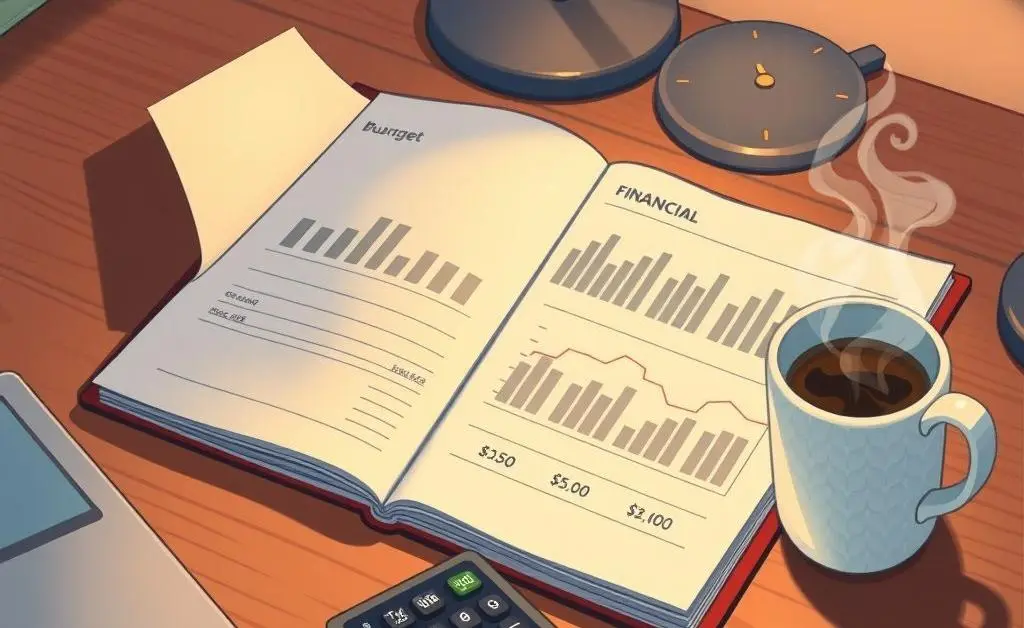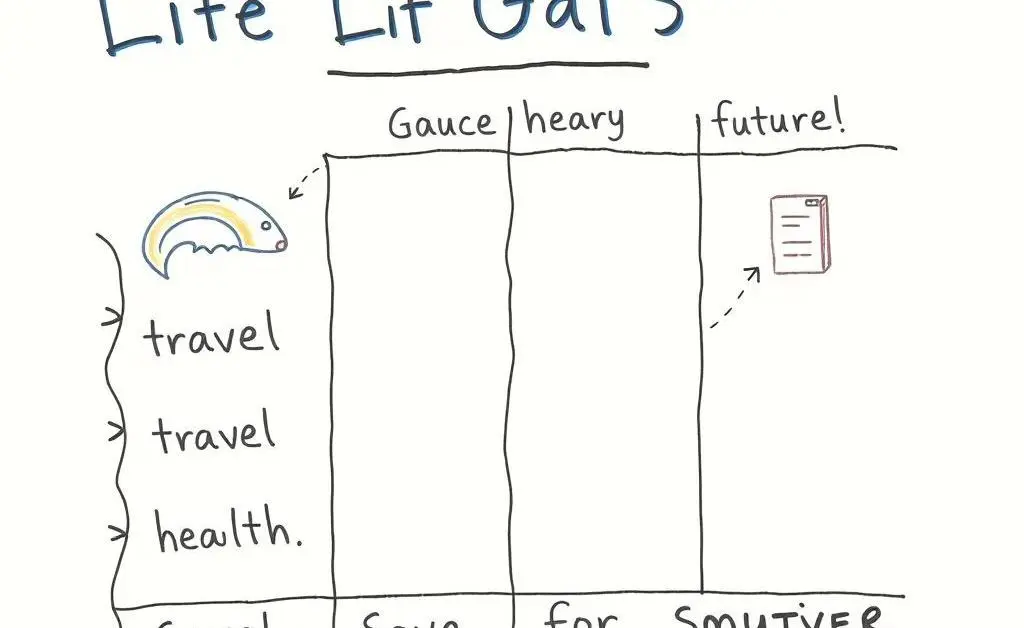When Can You Really Stop Working? The Math of Early Retirement
Explore the math behind early retirement and when you can truly stop working without worry.

Have you ever dreamed of stopping work long before the standard retirement age? You're not alone. Many people are intrigued by the idea of reaching financial independence as soon as the math makes sense. In today's blog, let's dive into how you can tell when it's the right time to retire early and enjoy life on your terms.
The Question: Can You Afford to Stop Working?
The notion of early retirement often leads to one key question: "When can I stop working without running out of money?" The answer lies in understanding your expenses, investments, and overall financial health. Let’s break it down into more digestible parts:
- Expenses: Calculate your current monthly expenses and consider any future changes.
- Income: Take stock of your potential post-retirement income sources such as pensions or investment dividends.
- Savings: How much do you have saved, and will it sustain your lifestyle till the end?
A Relatable Journey
Meet Alex, a mid-30s software engineer who recently decided to review his finances with the goal of retiring in his early 40s. After creating a detailed budget, he realized he needed to focus more on boosting his investment returns and curbing unnecessary expenses – like those daily gourmet coffees.
By shifting to a more minimalist lifestyle and diligently tracking his expenses, Alex noticed a significant increase in his savings rate. With a solid investment strategy in place, he's on track to make his dream a reality.

How to Crunch the Numbers for Financial Independence
To understand if early retirement is feasible for you, try calculations using the 4% rule as a guideline. This rule suggests you can withdraw 4% of your retirement savings annually to cover living expenses.
- If your annual expenses are $40,000, you'll need a nest egg of about $1 million ($40,000 divided by 0.04).
- Don't forget to adjust for inflation and potential medical costs!

A proactive approach might also involve seeking professional financial advice to tailor a personalized plan that meets your needs.
Creating a Lifestyle of Choice
Beyond the math, there's the lifestyle aspect. Consider how early retirement aligns with your personal goals, such as travel, pursuing hobbies, or spending more time with loved ones. A structured plan will help you visualize a fulfilling post-retirement life.

Take inspiration from those who've successfully navigated their early exits from traditional work settings. What lifestyle changes can you make today to bring you closer to financial independence?
Conclusion: Is Early Retirement Right for You?
Ultimately, stopping work for good depends on more than just the math. It's about aligning your financial reality with your dream lifestyle. Are you ready to make that shift? Can you picture a retirement that’s rich in experiences rather than expenses? Share your thoughts and let me know where your dreams of financial independence might lead you next!




